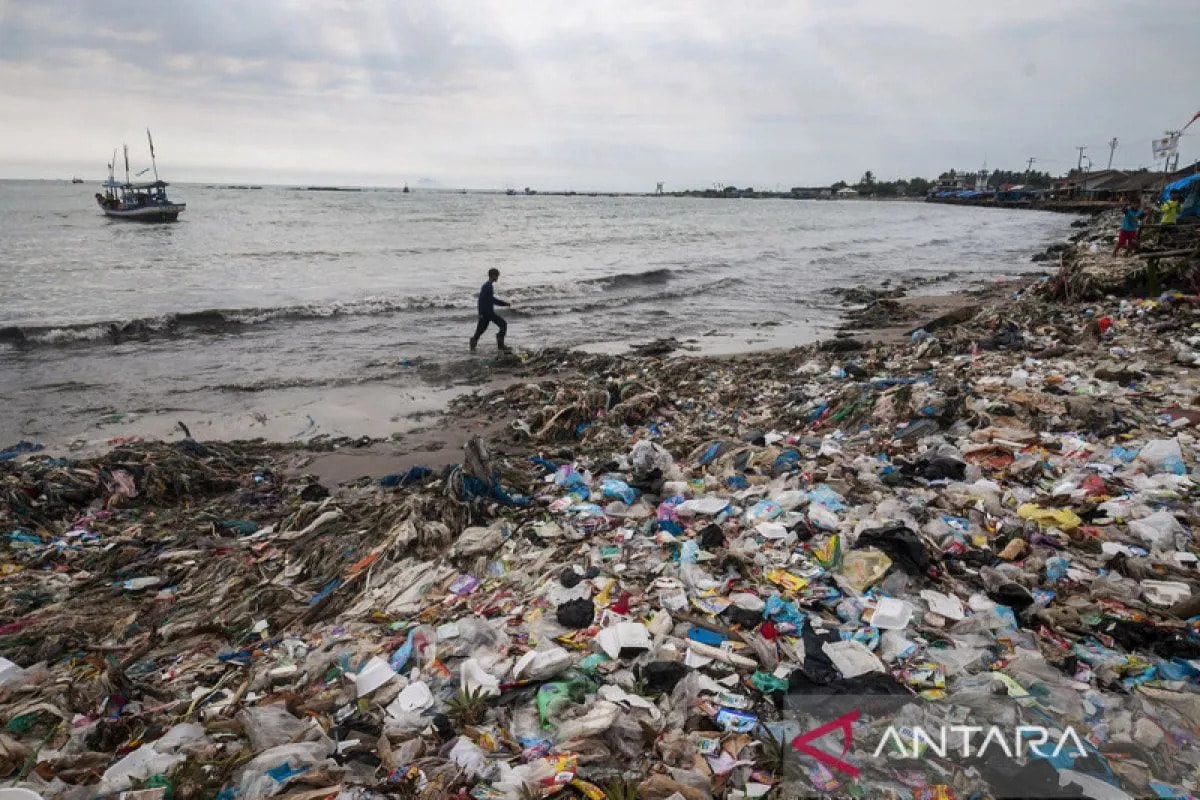Indonesia seeks to prevent 70% of waste from entering sea by 2029
Indonesia’s waste generation is projected to exceed 50 million tonnes in 2025. Of the total, more than 20 million tonnes could potentially enter the ocean through rivers, coastal areas, small islands, ports, and marine activities, and thereby, pose a risk to coastal ecosystems and marine biota.
The Indonesian Ministry of Marine Affairs and Fisheries is planning to reduce the volume of waste entering the ocean through direct interventions in river areas, coastal areas, small islands, ports, and marine activity areas.
As reported by the country’s national news agency Antara, the interventions will be carried out under the Waste-Free Healthy Oceans (Laut Sebasah) programme, which aims for the comprehensive management of marine debris from upstream to downstream.

“Marine debris remains a problem in Indonesia, and it is a major one,” Deputy Minister of Marine Affairs and Fisheries, Didit Herdiawan, said at the launch of the programme on August 6 as quoted by Antara.
Laut Sebasah will be implemented through cross-sectoral collaboration involving ministries, agencies, regional governments, the private sector, academics, and non-governmental organisations (NGOs).
Based on data from the National Waste Management Information System (SIPSN), Indonesia’s waste generation is projected to exceed 50 million tonnes in 2025. Of the total, more than 20 million tonnes could potentially enter the ocean through rivers, coastal areas, small islands, ports, and marine activities, and thereby, pose a risk to coastal ecosystems and marine biota.
Through synergy and joint commitment, the ministry aims to prevent 70% of waste from entering the ocean by 2029./.
